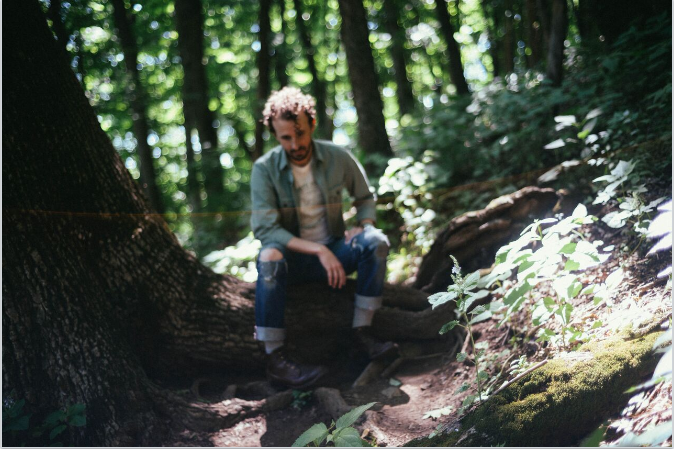
JOHN CHRISTIAN PHIFER DOESN’T KNOW THE PRECISE NUMBER OF DEAD BODIES HE’S SEEN AND TOUCHED, BUT HE KNOWS IT’S IN THE THOUSANDS. He’s carried old men who’ve passed away in their recliners in the middle of their dens. He’s powdered and dressed former high school classmates who were killed in car accidents or took their own lives. And he’s held newborn babies smothered to death just moments after the world heard their first cries.
“The experiences I’ve had,” he says before a long pause. “I don’t know how I’ve survived some of them, to be honest.”
John Christian has devoted most of his life to others’ deaths. By the time he entered the funeral industry shortly after high school, he’d already been performing burials for more than a decade. Raised on a small farm in an extremely rural area between Memphis and Nashville, he remembers sneaking into his parents’ kitchen at an early age to swipe a fork so he could bury dead grasshoppers or whatever other small carcasses he found on the property. Sometimes he’d wrap the body in leaves. Other times, he’d make his own casket from an empty crayon box or whatever he could find around the house.
“It was intrinsic for me to behave this way,” he says of these childhood burials. “I always found it important to pause and really pay tribute to life.”
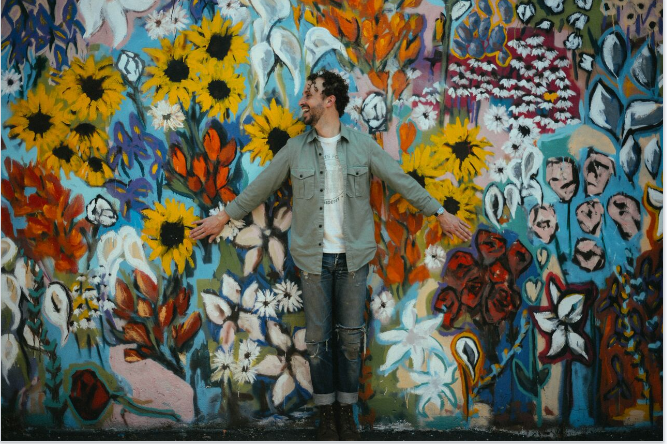
"I was that kid having miniature
funerals who grew up to drive the
hearse."
Life. It’s a word he seems to use every few sentences. In his West Tennessee drawl, the four letters stretch from his lips with elasticity so that Life By Life, the eco-focused funeral company he recently founded, sounds more like “Lahhf By Lahhf.” The company is John Christian’s take on meaningful, sustainable, and affordable end-of-life care. Part educational resource, part family-directed home funeral guide, part eco-design house, it’s his raison d’être, his way of making an impact on the world by changing the way we as a society understand death.
“The funeral industry as we know it is dying,” he says without cracking a smile. “The industry has created a model that is not shifting its focus from monetary gain to what people really want and deserve, and it’s unsustainable.”
Dressed casually in ripped jeans and Chacos at his home near Hillsboro Village, the thirty-eight-year-old delivers bold words like these with the urgency of a prophet carrying a sort of new death gospel. He talks uninterrupted for up to half an hour at a time, narrating his journey from insect burier to complete end-of-life expert in a perfectly linear fashion. He speaks slowly with the eloquence of a natural-born storyteller, pausing for emphasis on interesting details—like that time the power went out on his first night in a funeral home and left him groping around a dark basement next to a fresh corpse.
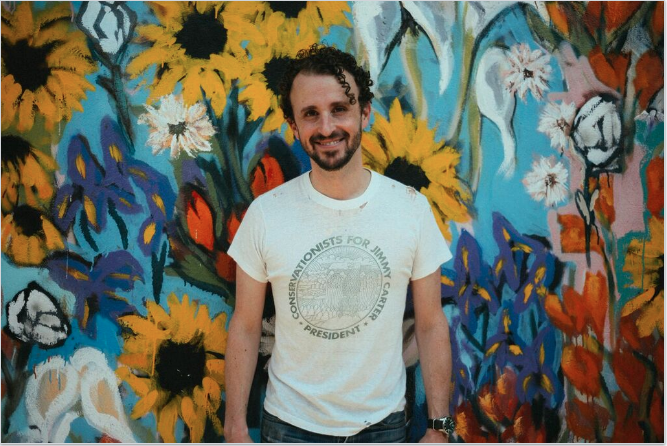
A Clear Calling
Though he first told his parents he wanted to become a mortician in the seventh grade, adolescent friendships and expectations steered John Christian toward a more conventional path during high school. Following graduation, he started at what he calls a “regular college” in Jackson, Tennessee, intending to return home like many of his peers and work at the bank. Then, his grandfather suddenly passed away, and he found himself transported back to those childhood days burying animals on the farm.
“At that point, all these bells and whistles went off again,” he says. “It was like I was being spun around and the universe was saying, ‘Don’t forget what you’re here to do.’”
Shortly after the funeral, he applied and was awarded a full scholarship to Nashville’s John A. Gupton College for mortuary science. He began attending school during the week and commuting to work at a local funeral home near his parents’ house on weekends. Though he never doubted his calling, the immediate immersion into a livelihood that centered on death was a difficult transition for the teenager.
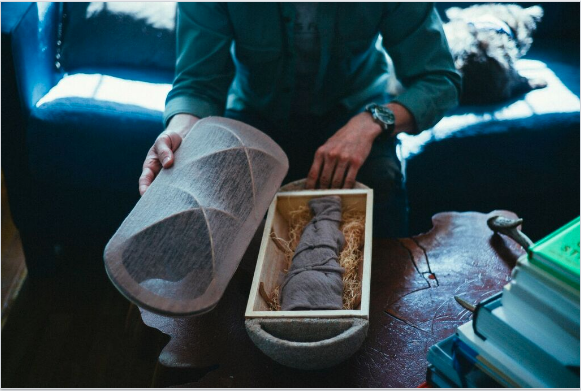
Suggested Content
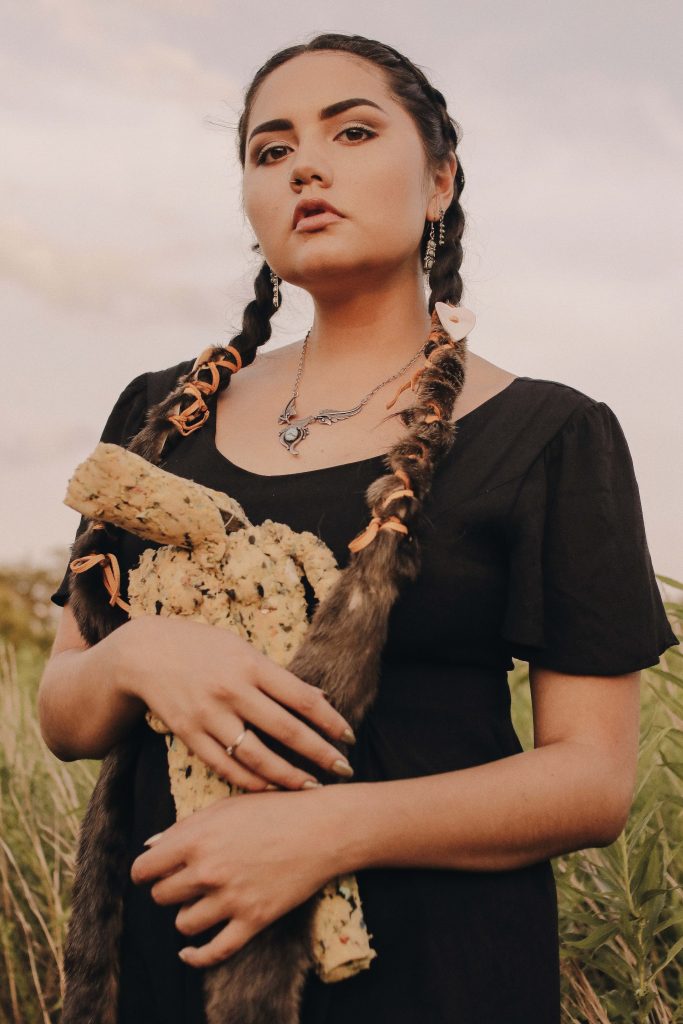
Chelsea Kaiah James
Why aren't there any ears sculpted onto the presidents of Mt. Rushmore? Because American doesn't know how to listen. - Unkown


